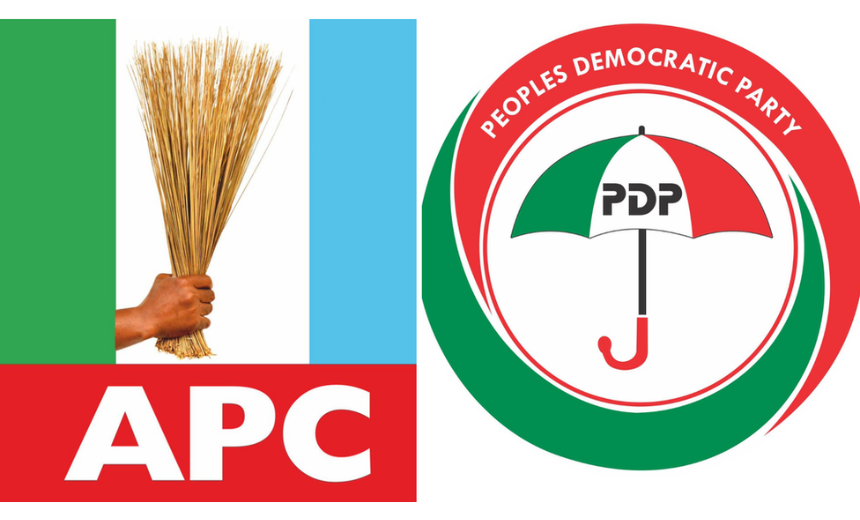The Federal Court of Canada has upheld a ruling that, Nigeria’s two major political parties—the All Progressives Congress (APC) and the Peoples Democratic Party (PDP)— fit the description of terrorist organizations under Canadian law.
The ruling was issued in the context of an asylum application by a former member of both parties Mr Douglas Egharevba.
Justice Phuong Ngo of Canada’s Federal Court judgment dismissing an asylum seeker’s judicial review request, has caused ripples on Nigeria’s political landscape.
The asylum seeker in question, Douglas Egharevba, had a decade-long history in Nigerian politics—first as a PDP member from 1999–2007, then in the APC from 2007–2017.
His asylum application was blocked because Canadian immigration authorities deemed any affiliation with either party sufficient grounds for inadmissibility under Canada’s Immigration and Refugee Protection Act.
Canada treats subversion of democracy and mere membership in organizations linked to such acts as a reason for disqualification, even without proof of personal involvement.
MUST READ: D’Tigress Make History, Rise To 8th Place In FIBA Women’s Rankings
Evidence cited included ballot stuffing, voter intimidation, and the killing of opposition supporters during PDP’s control in the 2003 and 2004.
Justice Ngo concluded that membership in an organization linked to democratic subversion is sufficiently serious to justify denial of asylum
The Peoples Democratic Party, PDP has denounced the judgment as ‘misinformed, biased, and lacking evidence.’ Its Deputy National Youth Leader, Timothy Osadolor, insisted there is no legal basis for labeling either party a terrorist group and urged authorities to address specific individuals, not entire parties
Former NNPCL communications Chief Olufemi Soneye called the ruling a ‘political earthquake.’ He warned it sets a dangerous global precedent, where affiliation alone becomes enough to disenfranchise political actors abroad and that it has the potential to stall democratic participation among Nigerians
Critics say the ruling distorts the meaning of terrorism and undermines political pluralism by targeting mainstream democratic entities. They caution that if such legal logic spreads, no political party anywhere would be immune from foreign courts.
This verdict is more than just a legal ruling—it’s a geopolitical flashpoint, cutting to the delicate intersection of democracy, immigration, and international norms.
(Editor: Paul Akhagbemhe)








